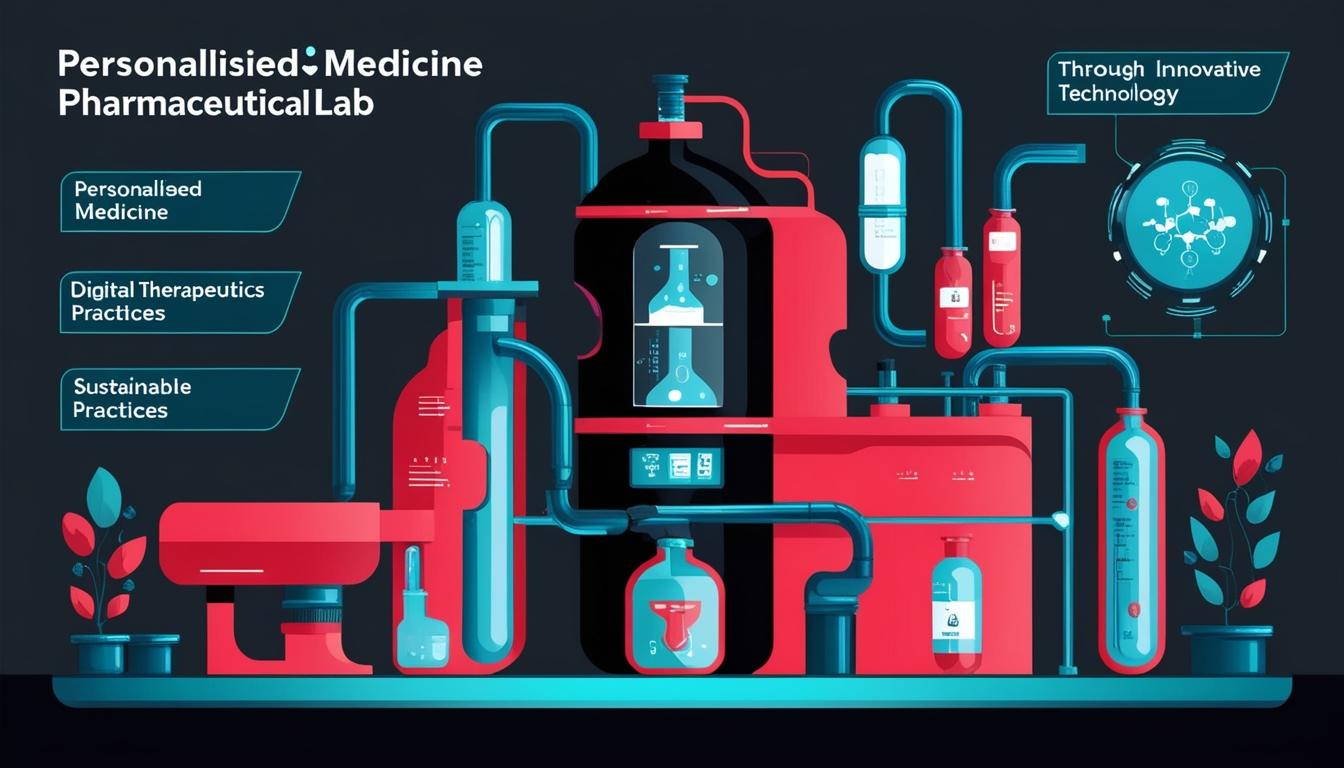In a recent series of discussions with industry experts, several key disruptors and trends shaping the future of the pharmaceutical industry have emerged. The insights reveal an optimistic outlook on innovation and technology, particularly in the realms of personalised medicine, sustainability, digital therapeutics, and advancements related to metabolic diseases.
Marwan Alsarraj, Associate Director of Marketing Programs at Bio-Rad Laboratories, highlighted three transformative factors anticipated to significantly influence drug development in the coming years. He emphasized the rise of personalised medicine, aimed at tailoring treatments to match individual patient profiles. According to the International Consortium for Personalised Medicine (ICPerMed), the implementation of personalised medicine is expected to pave the way for a new era of healthcare by 2030. This approach is designed to enhance early diagnosis, decrease adverse effects, and improve overall patient outcomes through advancements in various scientific fields and technological innovations.
Sustainability emerged as another focal point, with Alsarraj calling for a shift towards less resource-intensive drug manufacturing processes. He noted that by increasing efficiency and repurposing resources—such as using incinerated solvents for generating heat and implementing oil recirculation systems—pharmaceutical companies can reduce their environmental footprint. Moreover, there is a growing trend towards more flexible and compact laboratory equipment that can lead to cost-effective and environmentally responsible manufacturing practices.
The third trend noted by Alsarraj is the expanding role of artificial intelligence (AI) and machine learning (ML) in drug development. He underscored the potential of AI tools to enhance the accuracy of predicting drug efficacy and safety, thereby streamlining the drug discovery and testing processes. To fully utilise these advancements, collaborative data-sharing among scientists and manufacturers is essential.
Christine Sakdalan, US Therapeutic Area Head for Mental Health at Boehringer Ingelheim, pointed out the significant impact of prescription digital therapeutics (PDTs) on the healthcare landscape, especially regarding mental health treatment. With approximately one billion individuals worldwide affected by mental illnesses, PDTs offer an innovative solution to enhance access to care. These treatments allow for remote, customizable care plans that facilitate timely responses to patient needs, thereby improving ongoing management of mental health conditions.
In a related discussion, Torsten Wöhr, Chief Commercial Officer at Bachem, identified GLP-1 and hormone-derived peptide drugs as major disruptors within the industry. He referred to this evolution as a "healthcare revolution," indicating a convergence of lifestyle and medicine, where consumers increasingly desire options that enhance their wellbeing. Wöhr also stressed the importance of balancing innovation with sustainability, particularly regarding waste generated during drug production.
Rohan Palekar, CEO of 89bio, addressed the pressing issue of metabolic dysfunction-associated steatohepatitis (MASH), highlighting the challenges faced by biopharmaceutical companies in providing effective treatments for this progressive liver disease. As he noted, the approval of the first treatment for MASH by the FDA in 2024 marks a crucial step, yet there is ongoing demand for more targeted therapies to improve patient outcomes.
Collectively, these insights underscore a rapidly evolving landscape within the pharmaceutical sector, driven by technological advancements and an increasing focus on sustainable practices. Experts from various organisations are optimistic that the combination of personalised medicine, innovative therapies, and digital tools will not only enhance treatment accessibility and effectiveness but also ensure that the industry evolves in a manner that is conscious of environmental impact.
Source: Noah Wire Services
